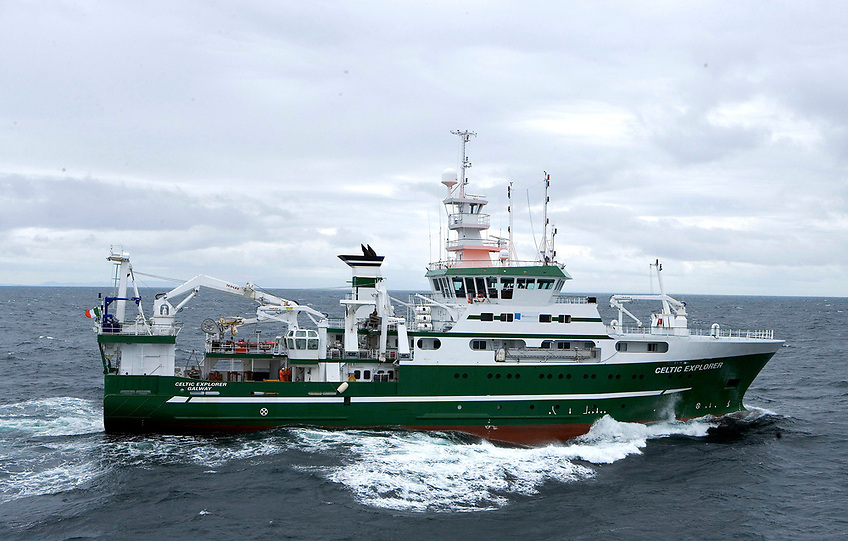Cars parked at coastal and other outdoor locations are at most risk of being broken into on weekend afternoons during summer months, the Garda Siochána says.
Catalytic converters, cash, electronics, jewellery and tools were the items most targeted, and the average value of property stolen per incident was €660.
An average of €330 of cash was taken per incident, the Garda Press Office has said.
Just over €36 million in value was stolen from vehicles between 2016 and 2020.
Although theft from cars fell by 20 per cent last year, some 60 per cent of all thefts were from locations associated with outdoor activities during the summer.
The force has said that weekends between 2 pm and 7 pm appear to be the most likely time for thefts to occur.
Garda crime prevention officer Sgt Ber Leetch said that while overall theft from car incidents has reduced in the last 12 months, the relaxation of Covid-19 restrictions would see "increased opportunities for criminals to take advantage" during home holidays.
"If you are travelling with your car to coastal and scenic areas this summer, plan your journey before you go. Check online if the location has a website or app with safety tips for visitors," he advised.
"Leave the expensive property at home if not required. Choose well serviced and well-lit car parks where possible. Avoid car parks with signs of public disorder or criminal damage, such as broken glass. Park legally, do not obstruct vehicles or entrances," he said.
Items like handbags, jackets, wallets, laptops, and shopping should never be left on view in the vehicle, he said.
"A good idea is to leave an empty glove box open, showing would-be criminals that there is nothing for them to steal," he said.
"As you leave double-check that your doors and windows are locked. Don’t be tempted to leave the windows slightly open. If you are the victim of a crime or if you see any suspicious activity call 999 or 112 and report it, "Sgt Leetch said.































































